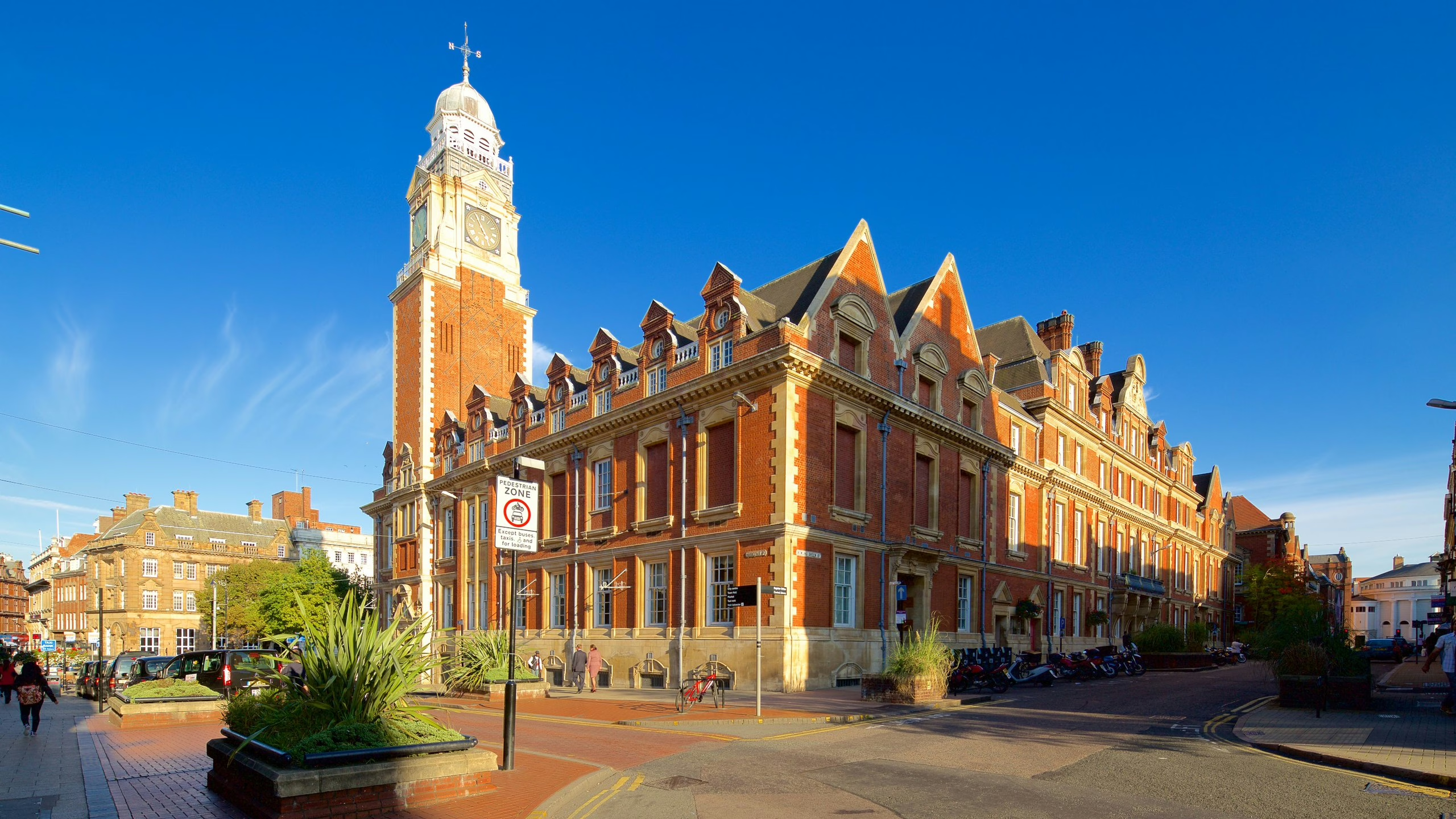London Mayor Sadiq Khan reignited the cannabis debate yesterday (28 May) by backing the decriminalisation of personal possession of small amounts of natural cannabis. Responding to a report from the London Drugs Commission, chaired by former Justice Secretary Lord Charlie Falconer, Khan endorsed its 42 recommendations to ease enforcement and focus on drug traffickers rather than users. He slammed current cannabis laws as “absurd,” arguing they disproportionately target Black communities, eroding trust in policing, and called for reforms to reduce crime and promote fairness.
However, the UK Government and Labour leader Keir Starmer have firmly opposed changes to existing drug laws, highlighting significant hurdles for Khan’s proposal. Cannabis remains a Class B drug in the UK, with possession carrying up to five years in prison and supply or cultivation up to 14 years. While medical cannabis has been partially legal since 2018, recreational use is strictly prohibited.
Potential Impact of Relaxing Cannabis Sales in the UK
If the UK adopts decriminalisation or limited legalisation, it could have far-reaching effects on society, the economy, and healthcare:
- Impact on Young People
Relaxing restrictions may increase young people’s access to cannabis. Data from Canada shows a slight rise in usage among under-19s, from 36.5% (2019) to 37.6% (2022) post-legalisation. The UK would need strict sales restrictions and educational campaigns to curb misuse. Decriminalisation could reduce arrests of young people for minor possession, preventing criminal records from derailing their futures. However, studies warn that long-term cannabis use may impair adolescent brain development, affecting memory and attention. - Impact on Healthcare
Legalisation could expand medical cannabis use for conditions like chronic pain and epilepsy. Regulated markets ensure safer products, reducing risks from illicit cannabis laced with harmful substances. Yet, high-THC products may heighten mental health risks, such as anxiety or schizophrenia. Canada’s experience shows a surge in medical cannabis prescriptions but underscores the need for more doctor training and patient monitoring. The UK would require increased investment in research and healthcare resources. - Economic and Social Impact
Legalisation could generate tax revenue and jobs. Canada’s cannabis industry reached CAD 12 billion in 2023, boosting employment and public services. The UK could see similar benefits but must address black market risks, as seen in Germany, where illegal trade persists post-legalisation. Decriminalisation could ease police burdens, but critics fear normalised cannabis use might increase social acceptance, potentially encouraging wider use.
International Insights: Canada and Thailand
- Canada (Legalised in 2018)
- Economy: The cannabis industry generates CAD 12 billion annually, creating thousands of jobs and tax revenue for public services.
- Young People: Strict age limits (19+) and education programmes limit usage spikes, though rates rose slightly.
- Challenges: Mental health issues have increased, and the black market still holds about 40% of the market.
Canada’s success lies in robust regulation, but it struggles to balance health and economic gains.
- Thailand (Decriminalised in 2022)
- Economy: The cannabis industry, projected at USD 1.2 billion by 2024, has boosted tourism and retail.
- Issues: Weak regulation led to increased youth misuse and public disputes, prompting a 2024 plan to re-ban recreational use.
- Healthcare: Medical cannabis use grew, but research lags.
Thailand’s experience highlights the risks of lax oversight.
The Netherlands’ Success Model
Since 1976, the Netherlands has operated a “tolerance policy,” allowing licensed “coffee shops” to sell cannabis (5g limit per person, no sales to under-18s), seen as a decriminalisation success:
- Low Usage: In 2014, only 8% of the population used cannabis, compared to 13.4% in the US, as regulation reduces the “forbidden fruit” allure.
- Strict Oversight: Limits on sales points, advertising, and product quality curb misuse.
- Social Benefits: Fewer cannabis-related arrests free up police resources; tax and tourism revenues bolster the economy.
- Education and Healthcare: Strong drug education and advanced medical cannabis research ensure safety. A 2023 trial to legalise supply chains aims to further tackle black markets.
Conclusion
Sadiq Khan’s push for cannabis decriminalisation has sparked a heated debate on UK drug policy, but risks to young people and public health must be carefully managed. Canada shows economic potential, Thailand exposes regulatory pitfalls, and the Netherlands proves the value of strict oversight and education. If the UK moves forward, it must draw on global lessons to craft a robust framework, safeguarding youth and ensuring healthcare readiness.
Discover more from “Bridging Hongkongers. Reporting Truth.”
Subscribe to get the latest posts sent to your email.




